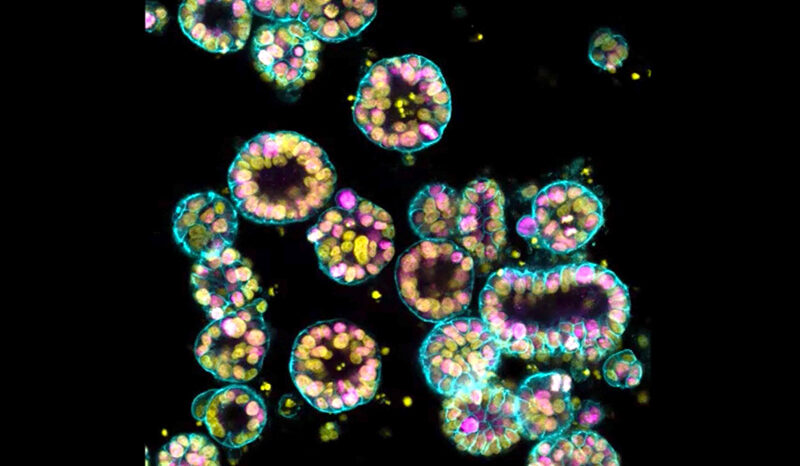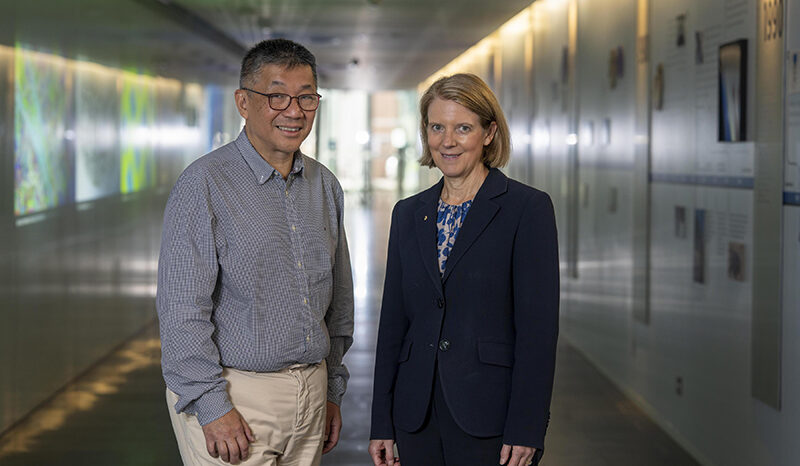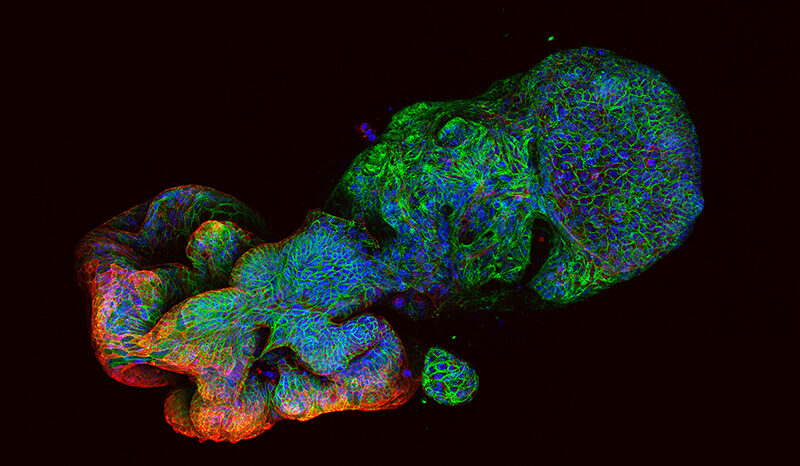Studying the body’s ‘dark matter’
Associate Professor Goddard-Borger and his lab recently described new tools and methods to study a poorly understood protein modification, called glycosylation, and understand the role it plays in health and disease.
“It’s a scenario that is akin to studying the ‘dark matter’ of the universe – we know that all of this protein glycosylation exists in the body, but we don’t fully appreciate the ‘why’ and ‘how’ of its existence,” he said.
Associate Professor Goddard-Borger said WEHI’s collaborative environment helped to drive new patient treatments. “We are currently working with industry partners on translating our discoveries to develop antibody-based drugs for respiratory diseases like cystic fibrosis and emphysema,” he said.
“All of us, at some point in our lives, are touched by illness. The possibility that my work might someday relieve someone’s suffering is a powerful motivator.”










